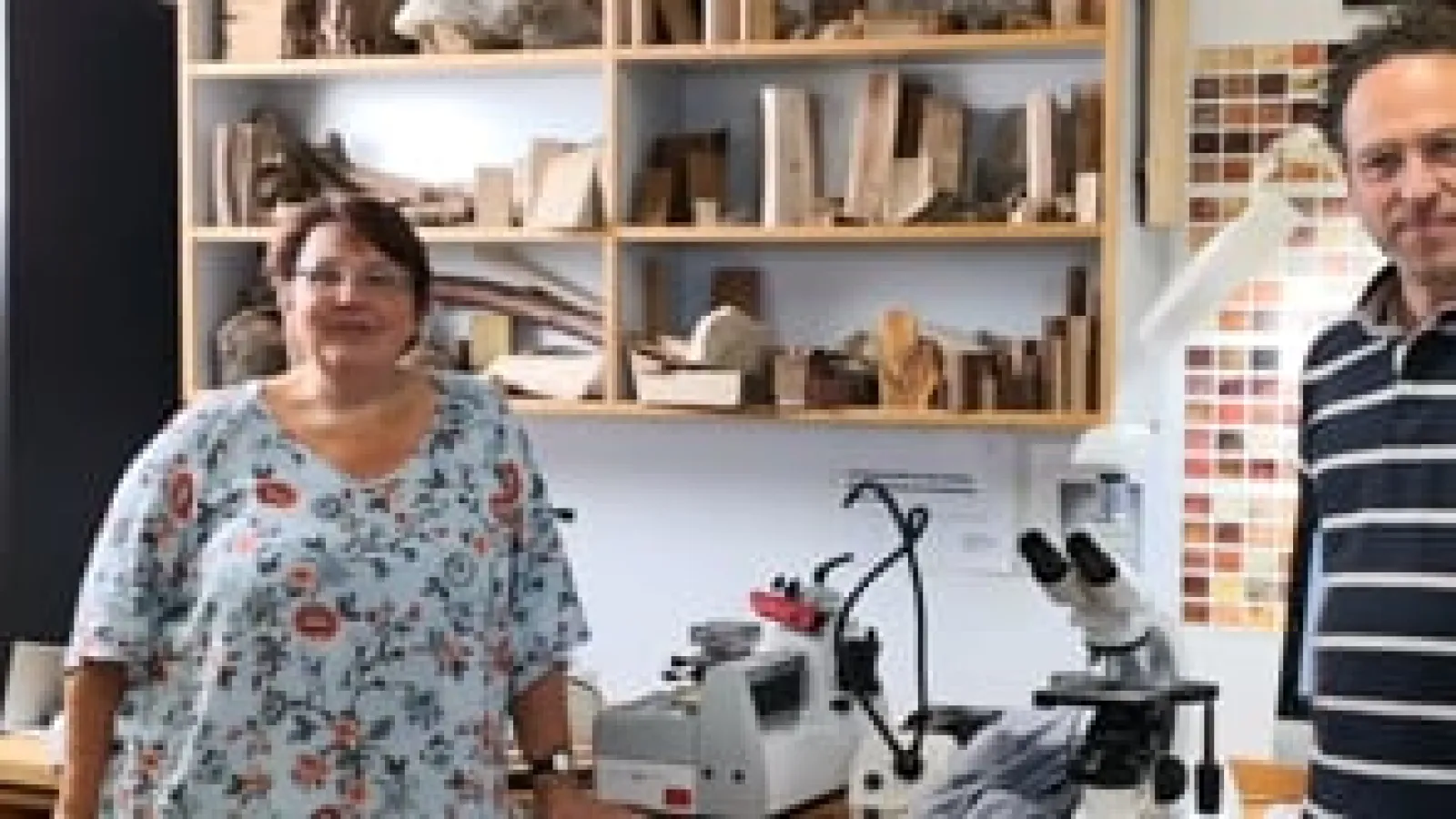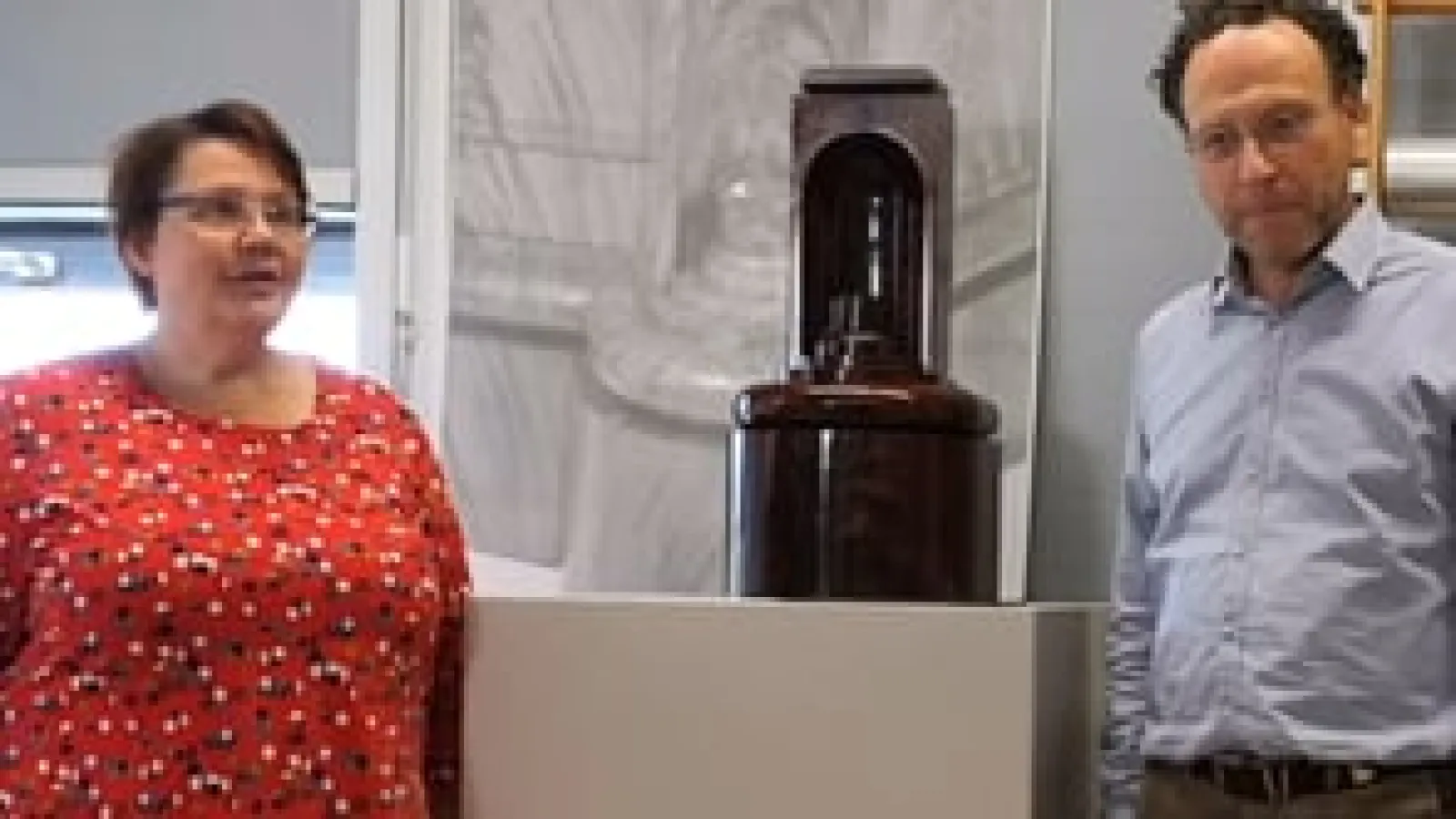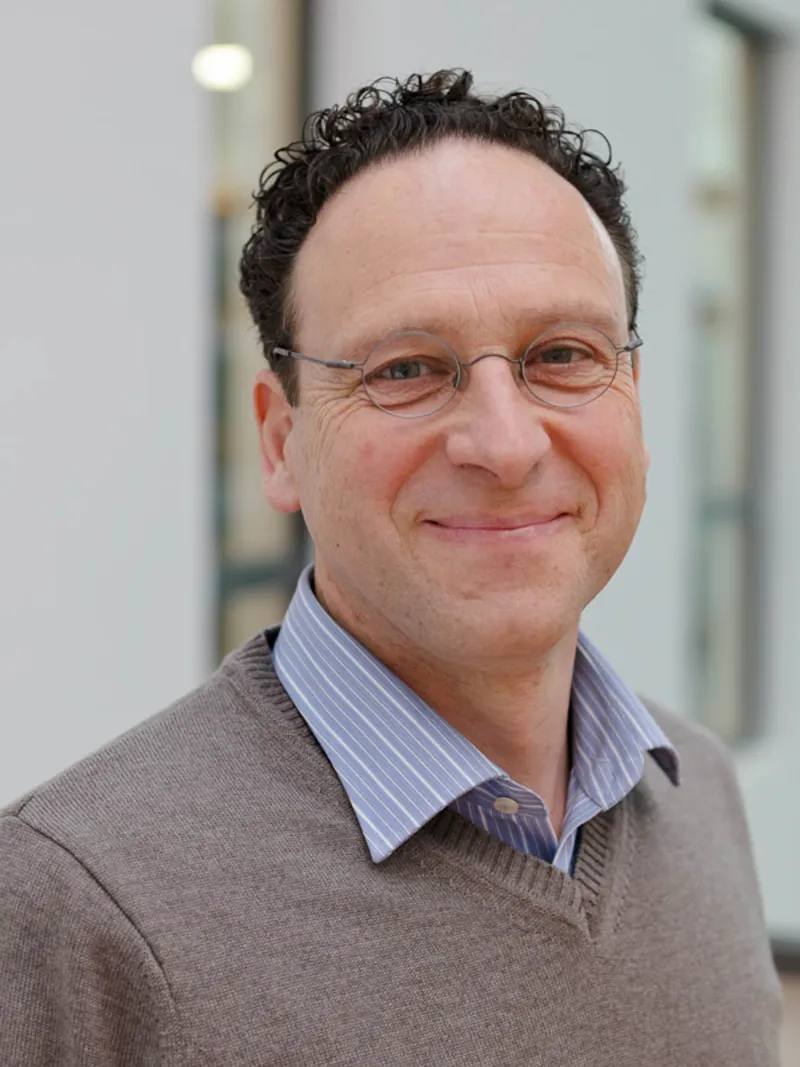Conservation and Restoration – Wood
In addition to theoretical lectures and seminars on the methods and materials of conservation and restoration, students are familiarised with historical techniques and materials in practical exercises from the very first semesters. The aim is to sharpen their eye when examining works of art. The skills of object identification, conceptualisation and practical implementation of conservation and restoration measures are initially acquired on selected small objects with a lower degree of difficulty.
The variety of wooden objects from the surrounding museums, castles, churches and manor houses that have been worked on so far is large and ranges from chests, console tables, chairs and cupboards to fireplace screens, music stands, epitaphs, mirror and painting frames from the 15th – 19th centuries to pietra dura works, Boulle marquetry or musical instruments and optical devices made of wood as well as Bauhaus furniture from the 20th century. A large number of different materials and techniques are examined. The solutions for repairing damage are just as varied.
As an introduction to practical heritage conservation, a module is regularly offered in which a joint project is worked on in situ over several project days. By working on site, the environmental conditions of the object can be directly incorporated into the work, which in turn makes it easier to understand the problem.
In the Master's programme, students can delve deeper into specific issues of conservation/restoration, deal with special techniques and materials and work on projects with complicated problems. Here, students usually work in smaller or larger working groups on a more extensive project from the field of monument conservation, which deals with building history studies, inventory and damage surveys and the development of restoration concepts as well as exemplary realisations. However, a self-contained technological investigation with accompanying scientific analyses and subsequent practical implementation of the concept can also be practised on an individual object.
With this complex training, graduates are able, depending on the inclination developed during their studies, to take on larger monument conservation projects as well as to work on art objects with special surface finishes in terms of conservation and restoration.
Projects in the study programme Wood
Project work is a key component of the degree programme Conservation and Restoration. We often work together with our cooperation partners - either in our workshops on campus or directly on site in the region.
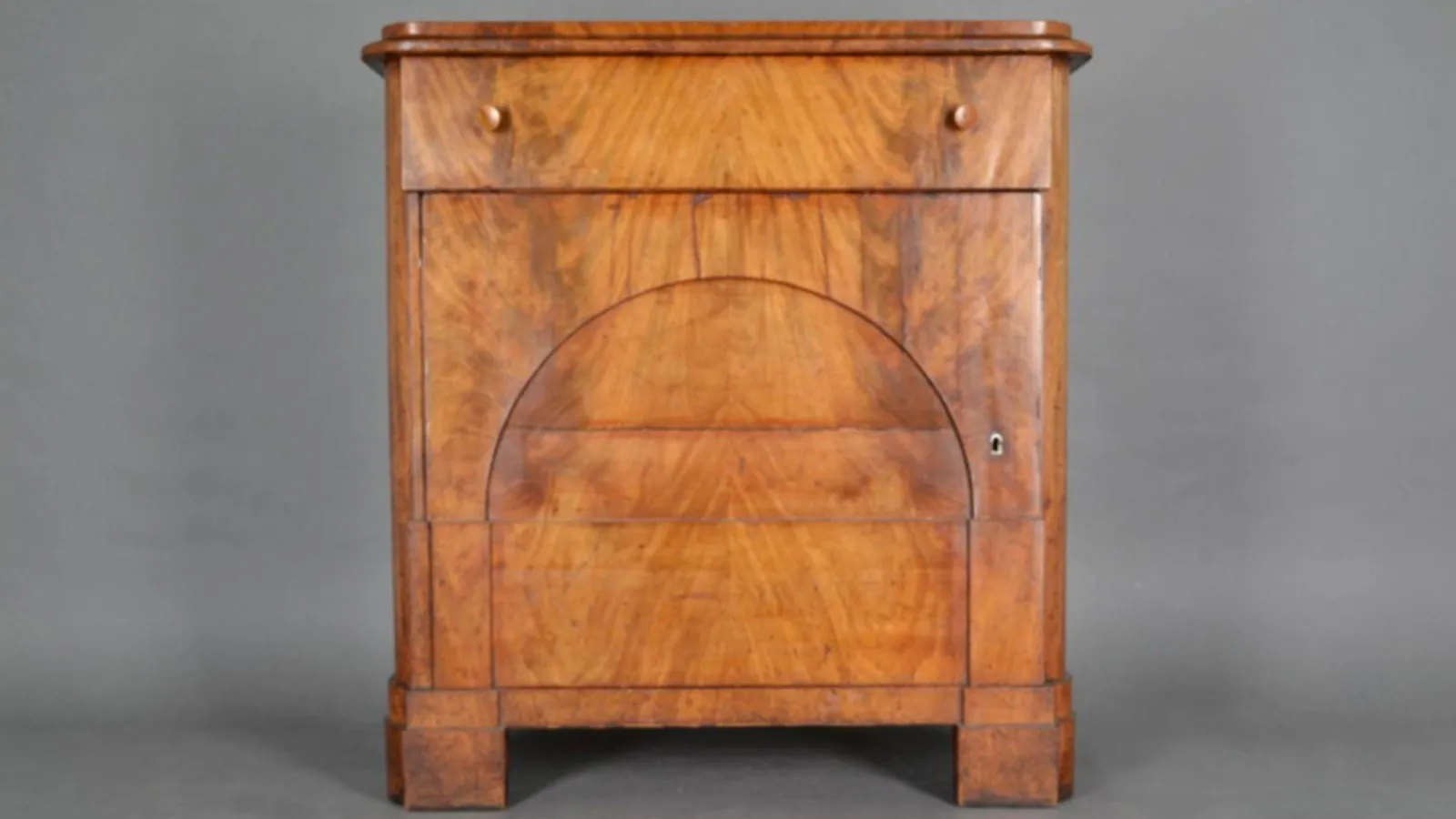
Wood | Restoration of a Piece of Biedermeier Furniture from a Private Collection
The object to be restored is a chest of drawers whose exact origin is unknown. It was probably produced in northern Germany. Stylistically, the furniture can be assigned to the Biedermeier period.
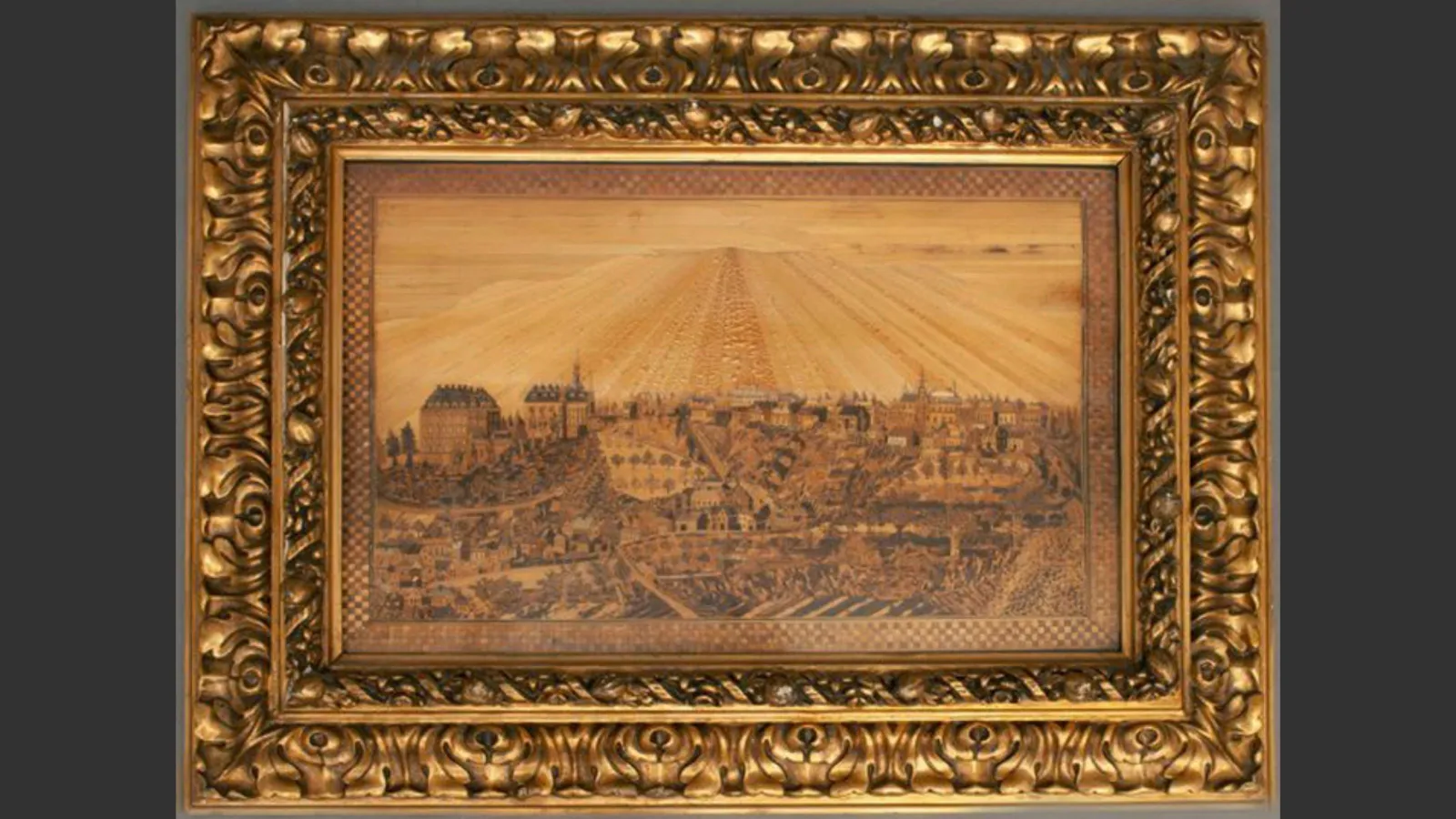
Wood | The Panorama of the Town of Schillingsfürst in Straw Marquetry
The straw marketer's picture shows a view of the town of Schillingsfürst on the Franconian Heights in the 19th century. The special technique involves assembling coloured pieces of straw into a scenic representation.

Wood | Round Biedermeier Table from the Stiftung Stadtmuseum Berlin
The table with a round tabletop was probably made during the Biedermeier period and, in addition to classical features of the era, also shows Gothic influences.
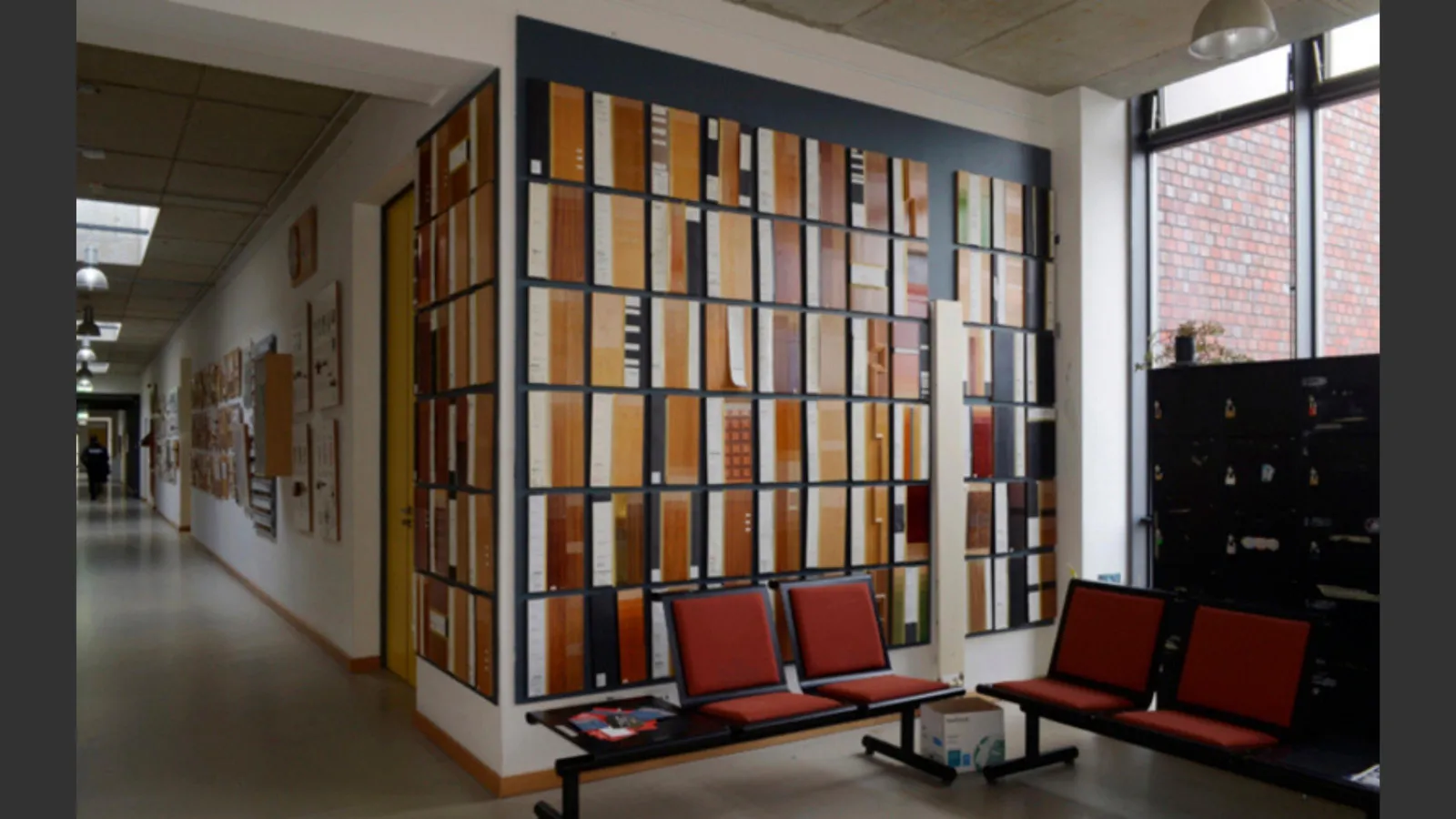
Wood | Investigation of the Ageing of Binders in Wood Preservation
As part of the Art Technology and Working Techniques module, students have been working with selected recipes of coating materials from the 19th century, interpreting them and implementing them as accurately as possible.
Contact
Student counselling
Registration:
Appointments by arrangement by e-mail. Please contact Prof Dr Angelika Rauch at angelika.rauch@fh-potsdam.de.
Meeting point: Laboratory and Workshop Building/Room 064
